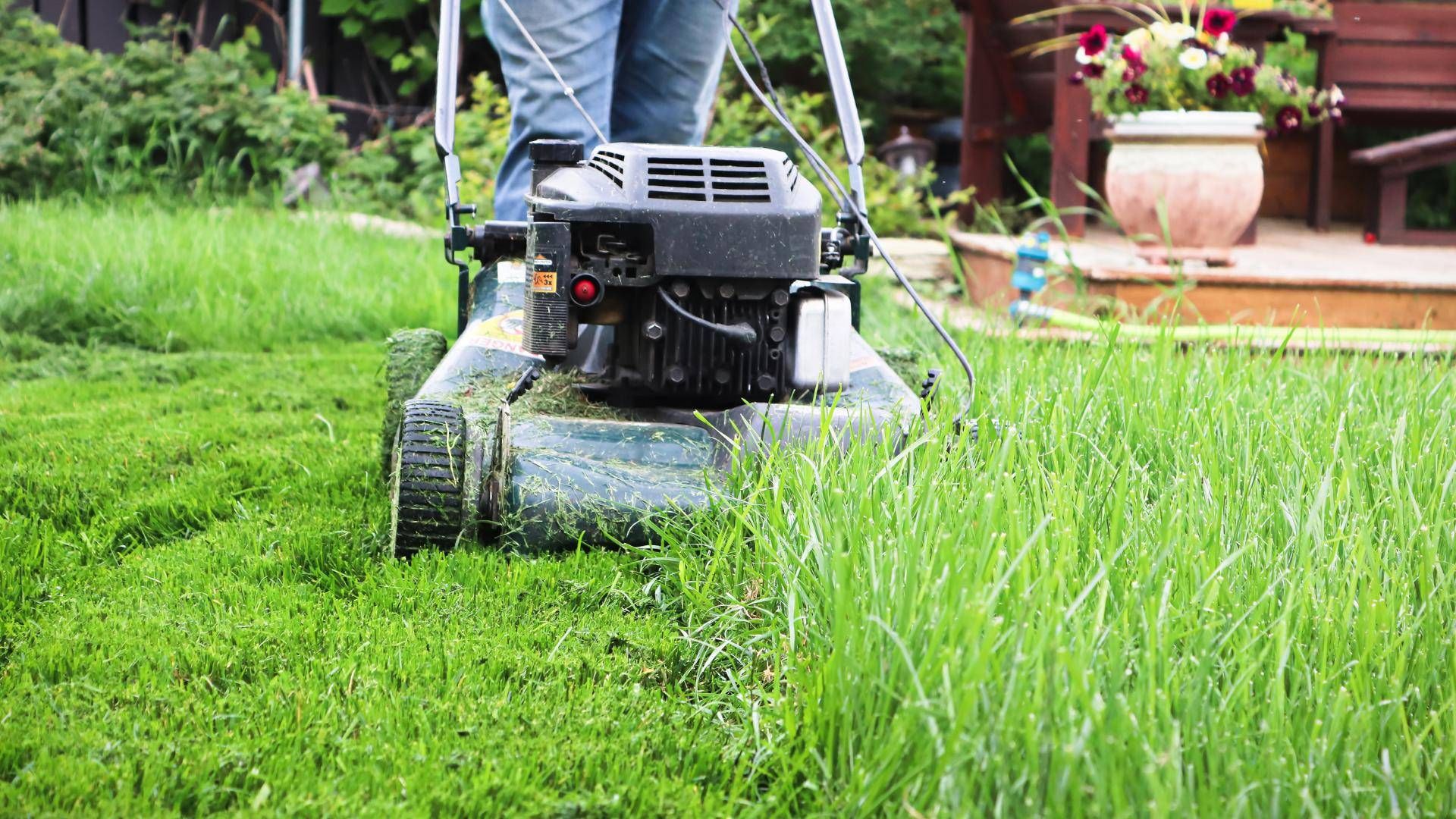Landlords, who is your target tenant? While traditional focus has always been on Generation Z, Millennials and young families, there is growing evidence that those over the age of 55 are increasingly turning to rented property in their later years.
In 2020, AgeUK reported that 750,000 people over 60 live in private rented housing in England, with the number of households inhabited by older renters doubling in the last 15 years.
That figure isn’t static either – an aspect landlords shouldn’t ignore. A report published in the same year revealed that renters of retirement age and those in the upper-middle age category are the fastest growing tenant groups.
Privately rented properties where the tenants were aged between 55 and 64 years old had risen 118% between 2010 and 2020, while rented properties where the tenants were aged over 65 had grown by 93% over the same period.
While you may assume older tenants have been forced into renting due to unfavourable circumstances, the New Generation Rent article published by Property Reporter suggests that comfortable baby boomers are actively choosing tenant status, earning their spending power the nickname of ‘the grey pound’.
With both the Halifax and the Nationwide’s November house price indexes showing that average property values are at record highs, many over 55s are selling now to free capital to fund their retirement, and are choosing to move into rented accommodation in order to watch what the market does next.
Among this age group is hope that house prices will decline, making their next purchase cheaper, while other older renters like the advantage renting gives them in being chain-free when it comes to buying again.
The article also suggests that many mature tenants will stick with private renting for the rest of their lives, whether it’s for the flexibility, the lower maintenance aspect or as part of an estate planning exercise.
Older tenants often prove to be very reliable tenants, so landlords should go the extra mile to appeal to this group. Over 55s are likely to be asset rich and less likely to default on rental payments, for low or zero arrears. In addition, they’re unlikely to be involved in anti-social behaviour, can deal with running repairs and basic maintenance without troubling the landlord, and will want tenure security for consistent occupancy.
If you’d like to chase the ‘grey pound’ and appeal to more mature tenants, there are a number of considerations that may improve your chances of success:-
- Opt for access-friendly flats and houses: consider ground floor apartments, those on upper floors that are serviced by a lift and houses without steps to the front door
- Choose locations carefully: town centre living where everything is within walking distance is ideal, as is a property close to a bus stop
- Offer long-term tenancies: foster a sense of security with tenancy agreements of at least 12 months
- Buy new build: brand new properties will present lower running and maintenance costs for both landlord and tenant
- Consider added extra: on-site facilities, such as a concierge, video entry or gym
- Think reduced responsibility: developments where communal gardens are tended to and maintenance is taken care of will rent out quickly
Talk to us today about letting a property you own or purchasing a buy-to-let.
Share this article
More Articles
Sign up for our newsletter
Subscribe to receive the latest property market information to your inbox, full of market knowledge and tips for your home.
You may unsubscribe at any time. See our Privacy Policy.



